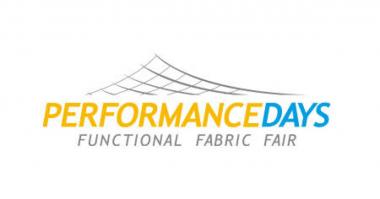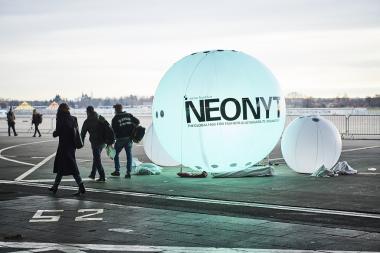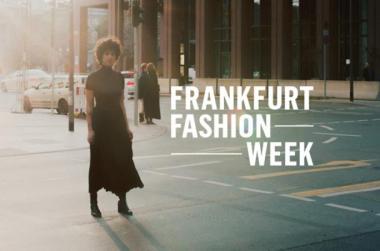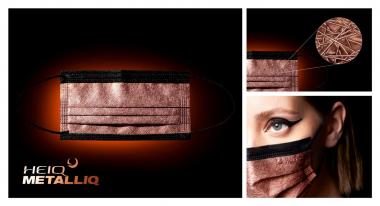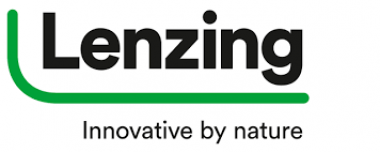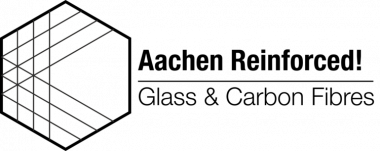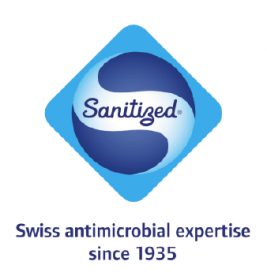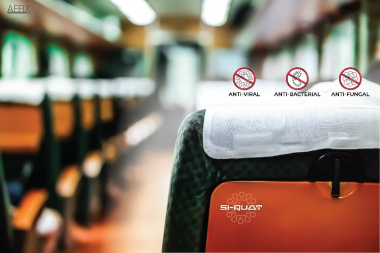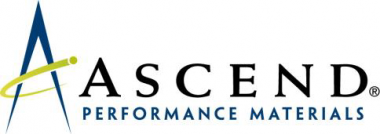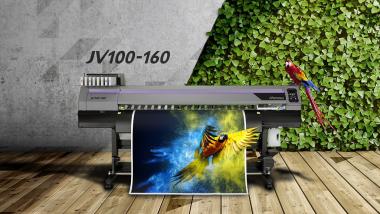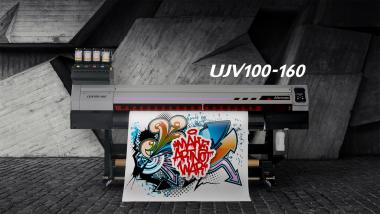Düsseldorf Fashion Days: Orderwoche mit Festivalcharakter geplant
- "Düsseldorf Fashion Days" sollen erstmals zusätzlich für Einzelhandel geöffnet werden
- Wirtschaftsförderung der Stadt Düsseldorf startet mit Unterstützung lokaler Eventagentur in Planungsphase und geht auf Händler zu
Die "Düsseldorf Fashion Days" (DFD) sollen in diesem Jahr in einer "Festival Edition" auch den lokalen Einzelhandel in den Fokus rücken. Das Konzept der DFD, die für den 21. bis 28. Juli geplant sind, öffnet die seit Jahrzehnten etablierten Ordertage nun auch für Endverbraucher, zugunsten des innerstädtischen Handels.
Ab sofort können sich interessierte Einzelhändler aus Düsseldorf für den Highlight-Tag am 24. Juli anmelden und als offizielle Festival-Teilnehmer listen lassen. Sie erhalten ein kostenfreies Service-Paket, um sich visuell, z. B. durch Fensteraufkleber oder Fahnen, als Teilnehmer des Festivals zu präsentieren. Wenn die pandemische Lage es zulässt, sollen angepasste Aktivitäten für die Einzelhändler wie Pop-Up-Stores, Schaufensteraktionen und Open-Air-Fashionshows ins Leben gerufen werden. Erstmals werden Akteure aus Handel, Gastronomie, Kultur und Kreativwirtschaft zu einem gemeinsamen Termin in die Ordertage einbezogen und die "Düsseldorf Fashion Days" im Sinne eines positiven Destinationsmarketings strategisch und zukunftsgerichtet erweitert.
"Das modezentrierte Festival soll Einzelhändlern mit Aktionen ermöglichen, kommunikativer Bestandteil der Düsseldorf Fashion Days zu werden und somit die Fashionkompetenz der Stadt vollends auszuspielen", sagt Theresa Winkels, Leiterin der Wirtschaftsförderung Düsseldorf. "Wir wollen Düsseldorf weiterhin als wichtige Modestadt Deutschlands positionieren und durch ein individuelles, emotionalisiertes Einkaufserlebnis einen Mehrwert für Händler und Besucher schaffen."
Um die Düsseldorfer Mode- und Kreativwirtschaft zu stärken und den Einzelhandel in Zeiten der Corona-Pandemie zu unterstützen, erarbeitete die städtische Wirtschaftsförderung gemeinsam mit dem Verein Fashion Net Düsseldorf sowie Düsseldorf Marketing und Düsseldorf Tourismus die Konzeptidee der "DFD Festival Edition". Alle Akteure aus Handel, Gastronomie, Kultur und Kreativwirtschaft sind eingeladen, sich zu beteiligen und das Festival mit Leben zu füllen. Aufgrund der dynamischen Corona-Situation ist es zum jetzigen Zeitpunkt nicht möglich, einen Ausblick auf alle geplanten Eventformate und Services zu bieten. Anmeldungen sind für den Einzelhandel bis zum 30. Juni 2021 möglich. Weitere Informationen zur Anmeldung können per E-Mail unter dfd@kollektiv-k.de angefordert werden.
PR + Presseagentur textschwester









